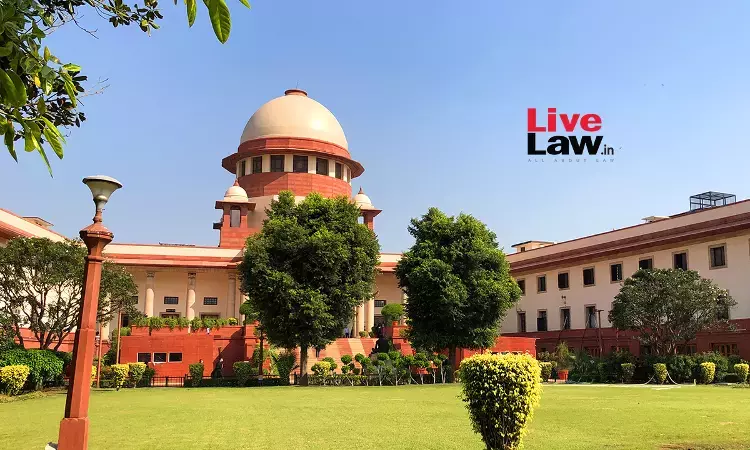The Supreme Court on Monday (February 19) observed that to prosecute the accused under Section 3(1) of the U.P. Gangsters Act (“Act”), the prosecution is required to prove that the accused being a member of the gang should be found indulging in anti-social activities which would be covered under the predicate offences punishable under the Indian Penal Code. “Needless to say that...

